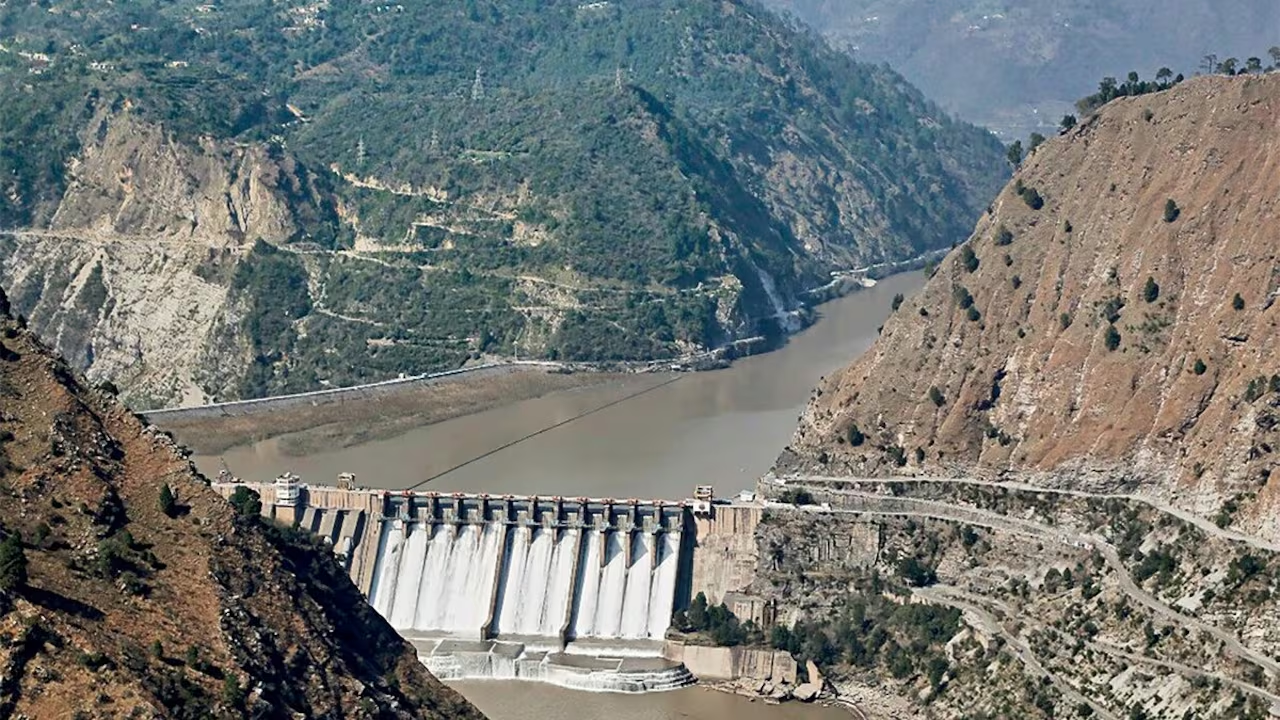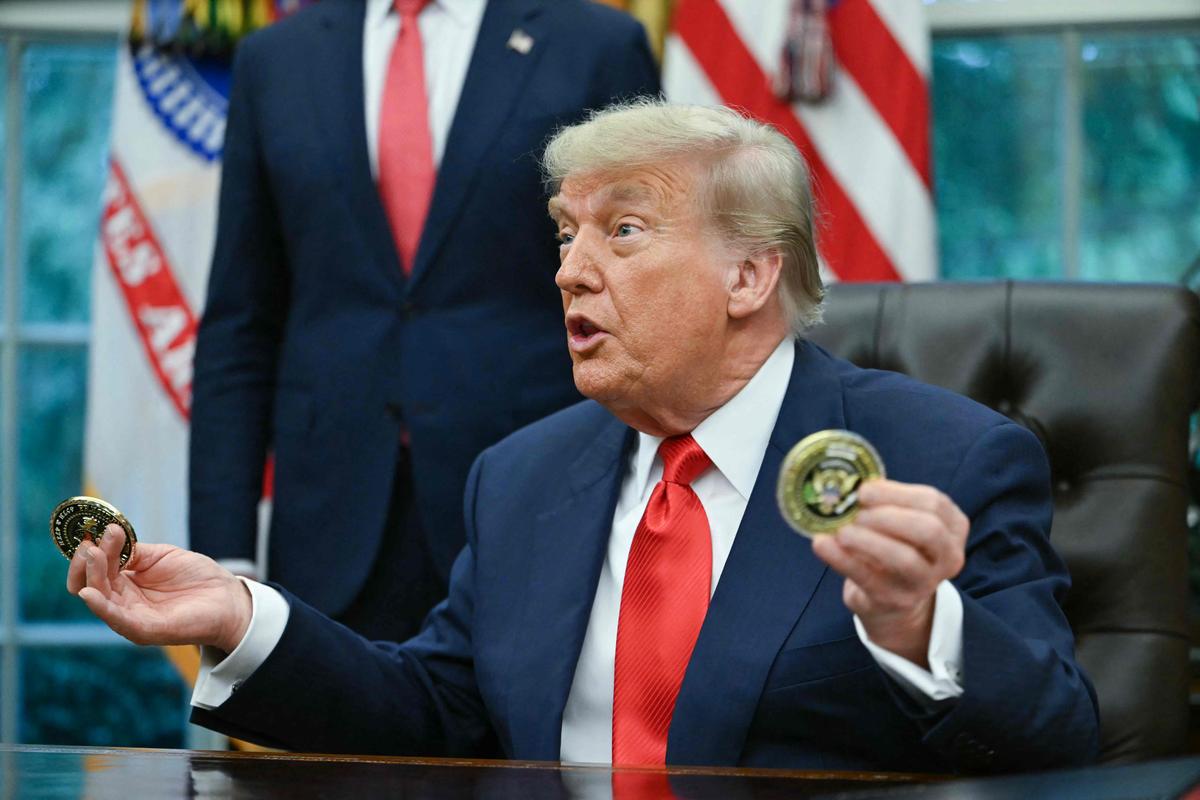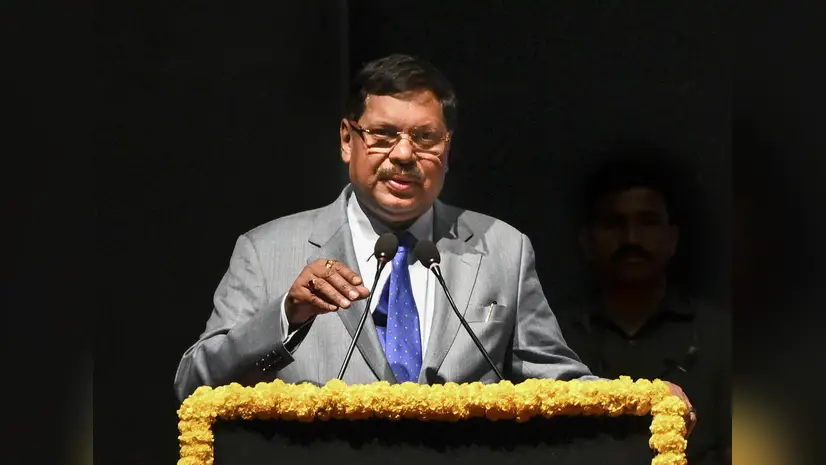- Courses
- GS Full Course 1 Year
- GS Full Course 2 Year
- GS Full Course 3 Year
- GS Full Course Till Selection
- Answer Alpha: Mains 2025 Mentorship
- MEP (Mains Enrichment Programme) Data, Facts
- Essay Target – 150+ Marks
- Online Program
- GS Recorded Course
- Polity
- Geography
- Economy
- Ancient, Medieval and Art & Culture AMAC
- Modern India, Post Independence & World History
- Environment
- Governance
- Science & Technology
- International Relations and Internal Security
- Disaster Management
- Ethics
- NCERT Current Affairs
- Indian Society and Social Issue
- NCERT- Science and Technology
- NCERT - Geography
- NCERT - Ancient History
- NCERT- World History
- NCERT Modern History
- CSAT
- 5 LAYERED ARJUNA Mentorship
- Public Administration Optional
- ABOUT US
- OUR TOPPERS
- TEST SERIES
- FREE STUDY MATERIAL
- VIDEOS
- CONTACT US
PLACES OF WORSHIP ACT, 1991
PLACES OF WORSHIP ACT, 1991
The Places of Worship Act of 1991 has been in the news recently as some Member of parliament gave a call for its removal.
What is the Places of Worship Act of 1991?
- It was passed in 1991 by PV Narasimha Rao-led government to keep Places of worship unchanged as they were on August 15, 1947.
- Places of worship are sacred places where people practice their religion, like temples, mosques, churches, and other places where individuals come together to worship and express their faith.
- It stops any conversion of any place of worship to maintain its religious character. Religious character means the unique features, rituals, and importance connected to a place of worship, showing the beliefs and practices of a religious community.
- The act says that no new case for conversion of any place of worship can be filed.
- Also, it cancels all the pending cases of conversion before August 15, 1947.
- The act provided exceptions to
- Babri-Masjid Ram Janmabhoomi dispute because it was already under judicial consideration.
- Ancient monuments, archaeological sites, or remains protected by the Ancient Monuments and Archaeological Sites and Remains Act of 1958.
- Cases already settled, disputes resolved by mutual agreement, or conversions took place before the Act was enforced.
Which places of worship are still being discussed for conversion?
|
Places of worship |
Issue |
Why Court is considering the case? |
|
Gyanvapi mosque, Varanasi |
In 1991, cases were filed claiming that this place actually belonged to Lord Vishweshwar and the ancient temple was demolished by Emperor Aurangzeb in 1669. |
Allahabad High Court said that the Places of Worship Act of 1991 does not specifically define the term ‘religious character’ and this case is filed to claim the right to worship the Hindu deities and not to convert the place of worship |
|
Shahi Idgah mosque, Mathura |
The mosque is located beside the Krishna Janmabhoomi Temple. Despite the dispute, the 2 parties i.e. Hindus & Muslims decided to compromise through a decree. A decree is a formal order issued by a court. Later on, Hindu groups said the decree was fraudulent because not everyone from both sides agreed to it. |
The district court said that only the compromise degree is being considered in this case and the decree came before the 1991 act making it inapplicable. |
Why Places of Worship Act is criticized?
- No Judicial Review: This act stops judges from reviewing the cases which affect the larger public.
- Arbitrary Date: Choosing the date August 15, 1947, is considered arbitrary and doesn't help people who lost places of worship before that date.
- Violation of the Right to Religion: It violates the religious rights of Hindus, Jains, Buddhists, and Sikhs. It makes it hard for them to get back to their places of worship, stopping them from practising their religion freely.
- Violation of Secularism: It gives unfair advantages to some religions over others, which goes against the principle of Secularism. Secularism in Indian contexts means the government cannot favour one religion over others.
- Exclusion of Ayodhya Dispute: Some argue that the exception to the Ayodhya dispute might set a bad example for how religious sites are handled.



